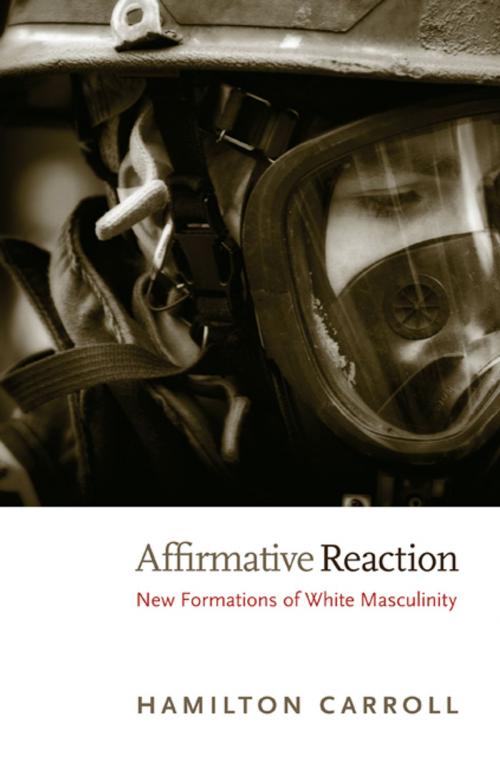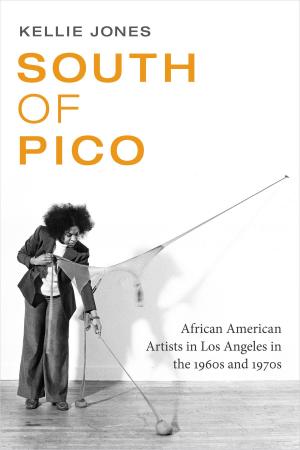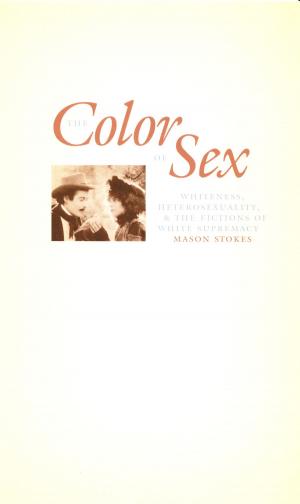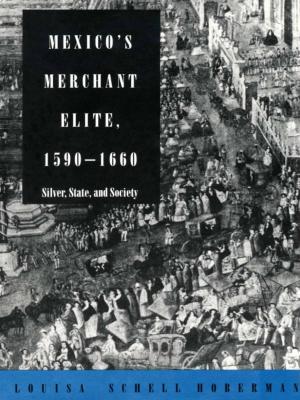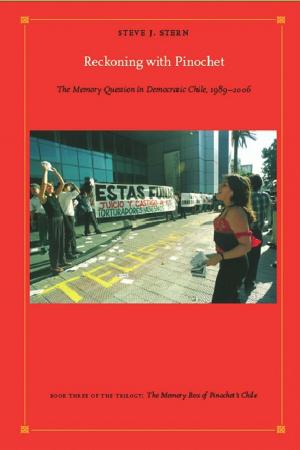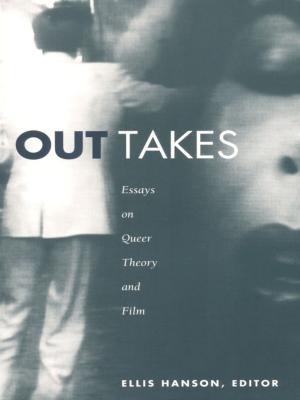Affirmative Reaction
New Formations of White Masculinity
Nonfiction, Social & Cultural Studies, Social Science, Gender Studies, Men&, Entertainment, Film, History & Criticism, Cultural Studies, Popular Culture| Author: | Hamilton Carroll, Donald E. Pease | ISBN: | 9780822393870 |
| Publisher: | Duke University Press | Publication: | January 25, 2011 |
| Imprint: | Duke University Press Books | Language: | English |
| Author: | Hamilton Carroll, Donald E. Pease |
| ISBN: | 9780822393870 |
| Publisher: | Duke University Press |
| Publication: | January 25, 2011 |
| Imprint: | Duke University Press Books |
| Language: | English |
Affirmative Reaction explores the cultural politics of heteronormative white masculine privilege in the United States. Through close readings of texts ranging from the popular television drama 24 to the Marvel Comics miniseries The Call of Duty, and from the reality show American Chopper to the movie Million Dollar Baby, Hamilton Carroll argues that the true privilege of white masculinity—and its defining strategy—is not to be unmarked, universal, or invisible, but to be mobile and mutable. He describes how, in response to the perceived erosions of privilege produced by post–civil rights era identity politics, white masculinity has come to rely on the very discourses of difference that unsettled its claims on the universal; it has redefined itself as a marginalized identity.
Throughout Affirmative Reaction, Carroll examines the kinds of difference white masculinity claims for itself as it attempts to hold onto or maintain majority privilege. Whether these are traditional sites of minority difference—such as Irishness, white trash, or domestic melodrama—or reworked sites of masculinist investment—including laboring bodies, public-sphere politics, and vigilantism—the outcome is the same: the foregrounding of white masculinity over and against women, people of color, and the non-heteronormative. By revealing the strategies through which white masculinity is produced as a formal difference, Carroll sheds new light on the ways that privilege is accrued and maintained.
Affirmative Reaction explores the cultural politics of heteronormative white masculine privilege in the United States. Through close readings of texts ranging from the popular television drama 24 to the Marvel Comics miniseries The Call of Duty, and from the reality show American Chopper to the movie Million Dollar Baby, Hamilton Carroll argues that the true privilege of white masculinity—and its defining strategy—is not to be unmarked, universal, or invisible, but to be mobile and mutable. He describes how, in response to the perceived erosions of privilege produced by post–civil rights era identity politics, white masculinity has come to rely on the very discourses of difference that unsettled its claims on the universal; it has redefined itself as a marginalized identity.
Throughout Affirmative Reaction, Carroll examines the kinds of difference white masculinity claims for itself as it attempts to hold onto or maintain majority privilege. Whether these are traditional sites of minority difference—such as Irishness, white trash, or domestic melodrama—or reworked sites of masculinist investment—including laboring bodies, public-sphere politics, and vigilantism—the outcome is the same: the foregrounding of white masculinity over and against women, people of color, and the non-heteronormative. By revealing the strategies through which white masculinity is produced as a formal difference, Carroll sheds new light on the ways that privilege is accrued and maintained.
